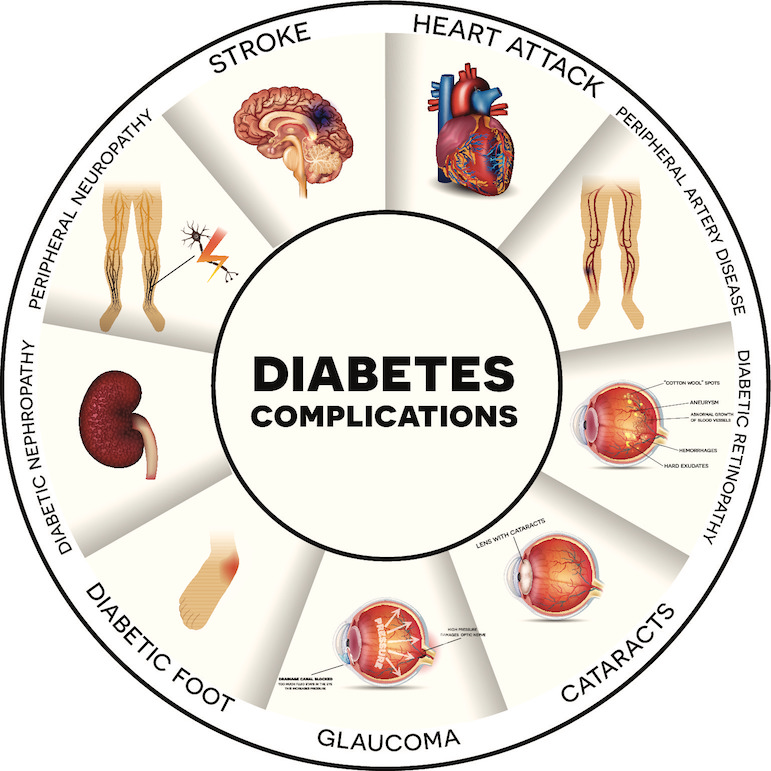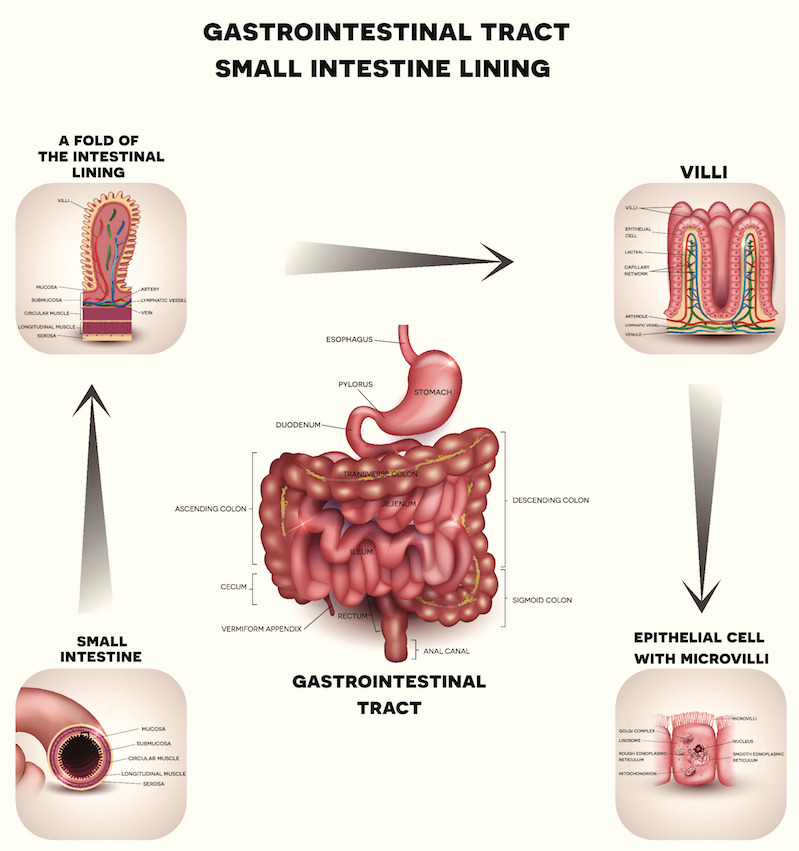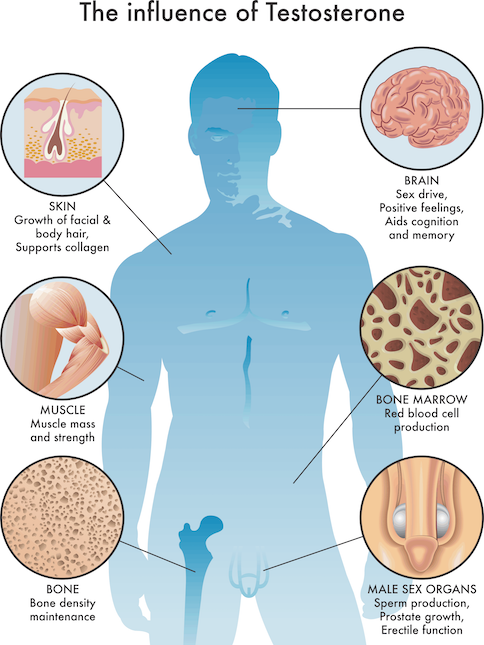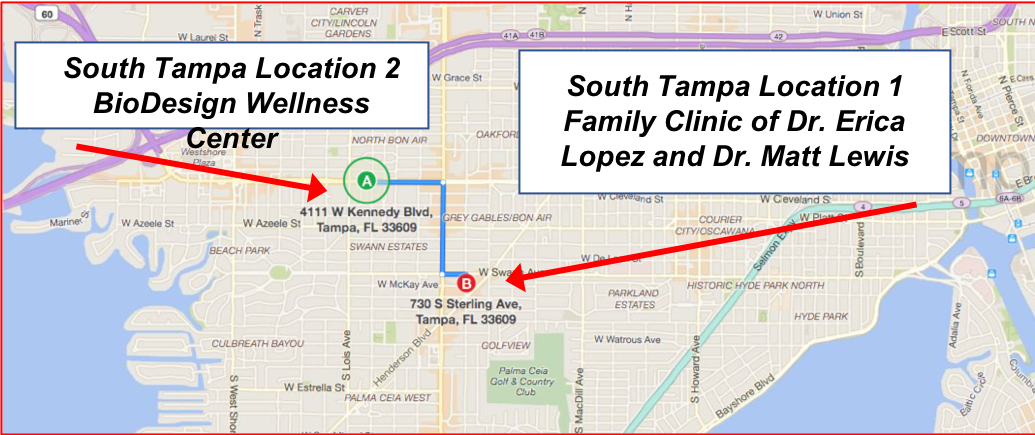Welcome to the Blog of
Dr. Matthew Lewis
Here, you’ll find news from our office, insights and observations from trusted sources in health, information about innovations in the effort to take back your own good health, testimonials from our clients, resources and recommendations of note, and more. Read a post or two and comment on anything that strikes a chord.

Intermittent Fasting Doesn’t Have to Be a Grueling Experience
Intermittent fasting can produce amazing clinical results — especially if you create a step-by-step plan that is simple to stick to and fits in comfortably with your daily schedule and lifestyle.
In my clinical experience, I have consulted with many patients for whom the prospect of fasting holds the fear of excruciating hunger or near-starvation. I’m here to tell you that intermittent fasting is actually an easy approach to healthy eating that doesn’t require huge changes to your daily routine.
We’ll talk more about that process later on in this post.
What do you plan to achieve?
But first things first. Before I recommend such an approach to eating with any patient, there’s a little
Detoxing with the Help of Toxin Binders
Detoxing flushes toxins from the body. Unfortunately, some toxins resist and remain in the body. Over time, the levels of these toxins rise causing various health issues. To remove these toxins, you need toxin binders that attach to the toxins making them easier for your body to eliminate.
Toxin binders are similar to soap molecules, each of which has two ends — one end of a soap molecule attaches to a water molecule and the other attaches to an oil molecule. This is how soapy water removes dirt and grease from dishes, laundry, and even your body.
Toxin binders work the same way, attaching to toxins and bodily fluids, so the combination can flush the toxins out of the body. Think of toxin binders as tiny sponges that sop up poisonous debris.
Recognizing Sources of Toxins
Toxins enter our bodies from the food and beverages we consume, the air we breathe, certain substances we are exposed to, and organisms that live in our bodies and produce their own waste products. Common sources of toxins include:
The Diabetes Cure: Is Diabetes Really Reversible?
The conventional approaches to the treatment and management of diabetes is the single worst case of mismanagement in medicine today!
Full disclosure: My family history is riddled with diabetes — uncles, aunts, grandparents, and parents all with diabetes. These were not overweight people. Not by today’s standards. They had a genetic predisposition for sure. However, each had a chance to control the disease and failed miserably.
Besides genetics, what did they have in common? They all used the conventional approach to diabetes care: Lowering blood sugar by any means necessary, including using prescription drugs and insulin injections, which increase the risk of long-term complications including heart disease and cancer. Diabetics using the pharmaceutical heavy model are destined to remain reliant on the medical system.
Diabetes treatment in the current conventional health care environment will not reverse diabetes and in many cases will actually aggravate the underlying causes of the illness, leading to more chronic conditions and long-term complications.
How can we expect to reverse something with medicine if we never address the root cause?
Asking Better Questions
Conventional medicine approaches diabetes treatment with the wrong question: “How can we lower the patient’s blood sugar?”
A better question is this: “What are some root causes of blood sugar problems and what can we do to resolve them?”
The underlying causes of blood sugar problems include the following:
What Is SIBO and What Can I Do About It?
Do you suffer from bloating, gas, or chronic diarrhea? Have you been diagnosed with irritable bowel syndrome (IBS)? If so, the problem may not be your gastrointestinal tract but what’s inside it. You may have SIBO.
SIBO is short for small intestinal bacterial overgrowth — the presence of excessive bacteria in the small intestine and/or changes in the types of bacteria normally present. (The small intestine, or small bowel, is the section of the gastrointestinal tract that connects the stomach to the large intestine and is responsible for most nutrient absorption.) SIBO is often the underlying cause of chronic diarrhea, nutritional deficiencies, unplanned weight loss, and osteoporosis.
Left untreated, SIBO negatively impacts the structure and function of the small intestine. The overpopulation of bacteria can damage the lining of the small intestine, which can cause leaky gut — a condition in which large protein molecules pass through the intestine into the bloodstream, triggering immune reactions that can result in food allergies or sensitivities, chronic inflammation, and autoimmune diseases.
Recognizing the Risk Factors
The following risk factors increase the likelihood of a person developing SIBO:
The Brain Fog Mycotoxin Connection
You wake up feeling exhausted, and you drag yourself through the day. You feel as though you’ve lost your mojo. You have no pep in your step. Maybe you’re anxious, irritable, or forgetful, or you just can’t think straight. All the color has been washed out of your life. Your world has turned gray. You’re well aware that you’re suffering from brain fog, but what caused it?
Well, that’s a tough question to answer. Any number of physical and psychological factors can contribute to brain fog, including poor sleep; nutritional deficiencies; lack of exercise; overconsumption of sugar, refined carbohydrates, alcohol, caffeine, or nicotine; emotional stress; infection; dehydration; and the list goes on.
Brain fog isn’t so much a medical condition as it is a catchall phrase for symptoms related to the onset of a lack of mental clarity, confusion, forgetfulness and a lack of focus.
An often-overlooked cause (or contributing factor) of brain fog is mycotoxins.
What Are Mycotoxins?
Mycotoxins are poisonous substances produced by a fungus such as mold (microscopic fungi) to kill off competing mold species. They enter the body through foods, dust, air, and long-term exposure to water-damaged homes or buildings. Fungi are a normal part of our environment and food source; they are particularly prevalent in grains. However, in water damaged buildings or homes, mold species that are harmful to your health can be
Fungi are a normal part of our environment and food source; they are particularly prevalent in grains. However, in water damaged buildings or homes, mold species that are harmful to your health can be
10 Detox Do’s & Don’ts
In a previous post, Toxic Mold: How a Medically Supervised Detox Can Help, I called attention to the serious mold problems that are common in South Florida, including Tampa, due to high humidity or water damage. Mold poses an increased risk during the hurricane season, but risk also rises as summer approaches with its one-two punch of heat and humidity.
While most people have the biology to purge mold and mold toxins (and a host of other toxins) from their bodies, some of us are particularly sensitive to certain substances, and those who aren’t can also be affected when the toxic load overwhelms the body’s natural ability to detox.
 Photo ©2018 by Nathan Dumlao on Unsplash.
Photo ©2018 by Nathan Dumlao on Unsplash.
Whether you are susceptible to certain toxins or not, a detox can help your body eliminate those toxins and restore proper function. Of course, there are right ways and wrong ways to detox. To get the most benefit from a detox and avoid the risk of harming your body, follow my ten recommendations in this post — the five don’ts and five do’s of detox:
Baking the Cake to Treat Low T (Testosterone)
In functional medicine, we strive to address the underlying cause(s) of illness, not merely to provide symptomatic relief. So when someone visits my office with symptoms of low T — low libido, erectile dysfunction, fatigue or hot flashes, muscle weakness, weight-loss resistance, and so on — I don’t just treat the low T. Instead, I ask what’s causing it, and the answer to that question is often metabolic syndrome.
I then ask what’s causing the metabolic syndrome, and I work with my patient to identify and address the root causes of that condition. After successfully addressing the metabolic syndrome, we can then reassess hormone levels and seek other ways to restore healthy levels, if necessary.
I refer to this approach as “baking the cake.”
What Is Metabolic Syndrome?
Metabolic syndrome is a cluster of biochemical and physiological abnormalities that place a person at a higher risk of developing cardiovascular disease (CVD) and type 2 diabetes. While there are several definitions and different sets of criteria for diagnosing metabolic syndrome, the easiest set of criteria used to diagnose metabolic syndrome is
A Valentine’s Day Gift for Your Heart
Valentine’s Day is filled with images of healthy red hearts. They are a symbol of love. But sadly, on Valentine’s Day, our hearts are often neglected, as they are for the other 364 days of the year. It’s easy to neglect something that typically functions as reliably with as little maintenance as the heart requires. It’s easy to take for granted an organ that functions 24/7/365 without a conscious thought from you; it even keeps the beat while you sleep!
On average, the heart beats 80 times a minute, 4,800 times per hour, and 115,200 times per day. If you live to the age of 80, your heart will have beaten more than 3.3 billion times. Most people think about heart health only when something starts to go wrong, when it’s often too late to reverse the damage resulting from long-term neglect or abuse.
 Photo © by Jamie Street | Sourced via Unsplash — used with permission.
Photo © by Jamie Street | Sourced via Unsplash — used with permission.
Don’t wait until it’s too late to optimize your cardiovascular system and ensure that you have a healthy red heart. Use this Valentine’s Day to pledge your undying love to your heart, and then make it feel the love by taking these steps to optimize your cardiovascular health:
Fighting the Flu in Florida Naturally
Our sunshine state has been hit particularly hard by the flu this season. As reported in Florida Flu Review published by the Florida Department of Health (January 21-27, 2018), “Flu activity was at higher levels than at the highest points in previous flu seasons,” and deaths due to pneumonia and influenza “were slightly higher than expected and are expected to increase over the coming months.”
 Photo © by Kinga Cichewicz | Used with permission from Unsplash
Photo © by Kinga Cichewicz | Used with permission from Unsplash
While the Centers for Disease Control (CDC) and the Florida Department of Health (FDH) recommend everyone boost their immunity to the Influenza virus by getting a flu shot, vaccines aren’t a silver bullet. According to the CDC, the effectiveness of the flu vaccine is between 40 and 60 percent; in other words, it works about half the time. And effectiveness can vary, because each flu season vaccines are developed based on predictions of what will be the three or four most prevalent flu strains for the coming season. If you’re exposed to other strains, the vaccine will be of little or no use. In addition, viruses frequently mutate and “dodge” the silver bullet.
Also, despite claims that flu vaccines are safe, they still carry risks, not the least of which is that the virus introduces foreign substances into your body that serve as stressors. After getting a vaccine, people often report a number of symptoms, including










Recent Comments